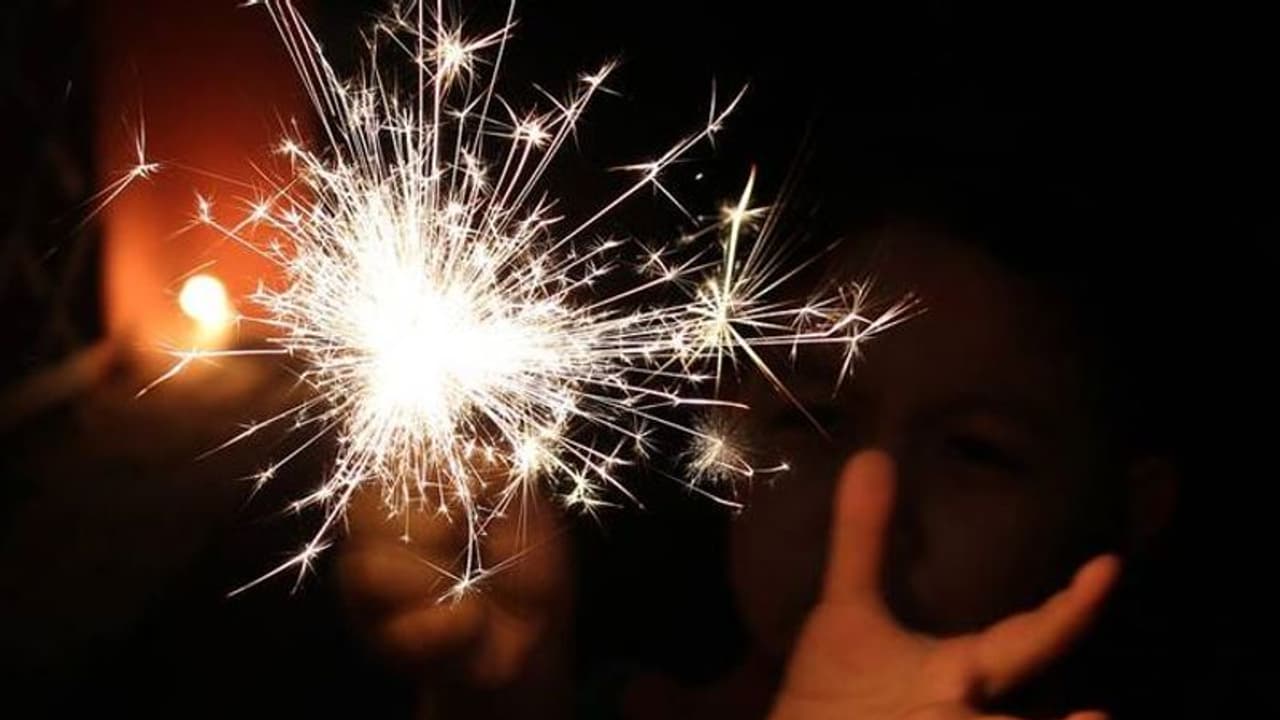The Diwali of 2017 was less polluting despite no restriction on bursting crackers while the 2018 chapter polluted Delhi more in spite of the two-hour window allowed for revelry by the Supreme Court! A report claims the presence of police was poor; another says more than 550 cases of violation were registered!
New Delhi: A day after Diwali, Delhi’s air pollution levels were at an all-time high, or so claimed most news outlets, with the overall Air Quality Index (AQI) recorded at 642, which fell in the hazardous category. Interestingly, in October, with nothing like Diwali around, the media had claimed on one of the days that it was the most polluted day of the season!
Curiously, the AQI on Diwali night of 2017 was 367 despite no ban on firecrackers. With the Supreme Court-ordered restriction on bursting crackers - never mind some violations - it became 999 the morning after Diwali.
The Times of India, on November 9, carried two mutually contradictory stories on 'Diwali-related' pollution in their Times City section. The first report, titled "Delhiites have a blast, some more than others, but use of firecrackers down…" wrote that many people across the city claimed that "poor police presence" made the violators bolder.
However, if the next report on the same page is to be believed, more than 300 people were arrested in the night of Diwali for bursting firecrackers while 2,776 kg of banned products were seized in a day! Does this prove a "poor police presence"?
The TOI reported further that as many as 587 cases were registered that night for bursting firecrackers and thus violating the apex court’s stipulated time limit.
With inputs from Surajit Dasgupta
